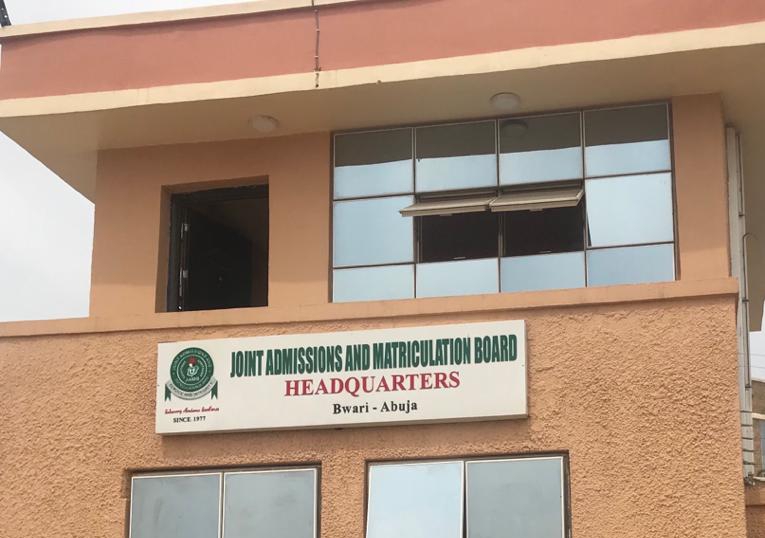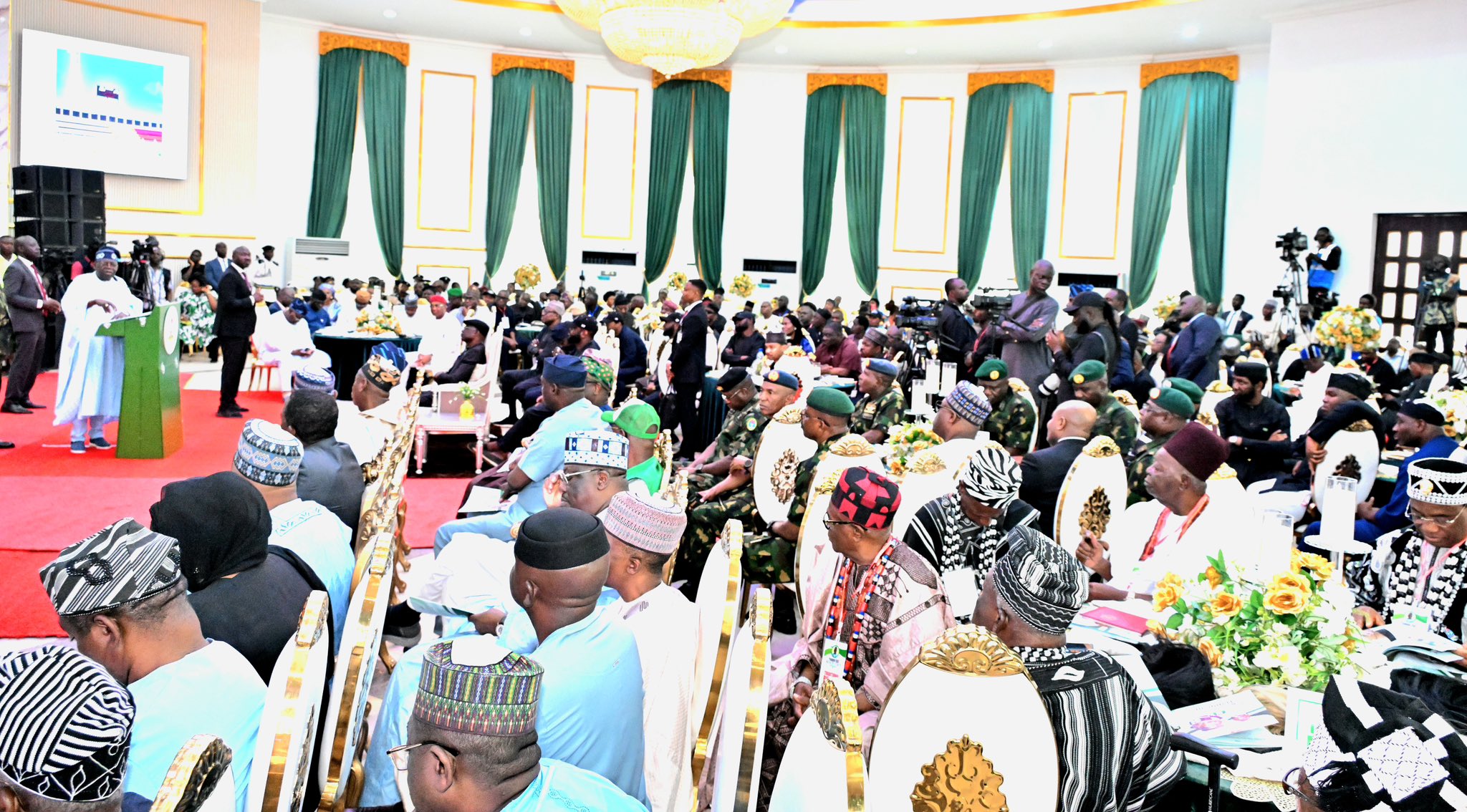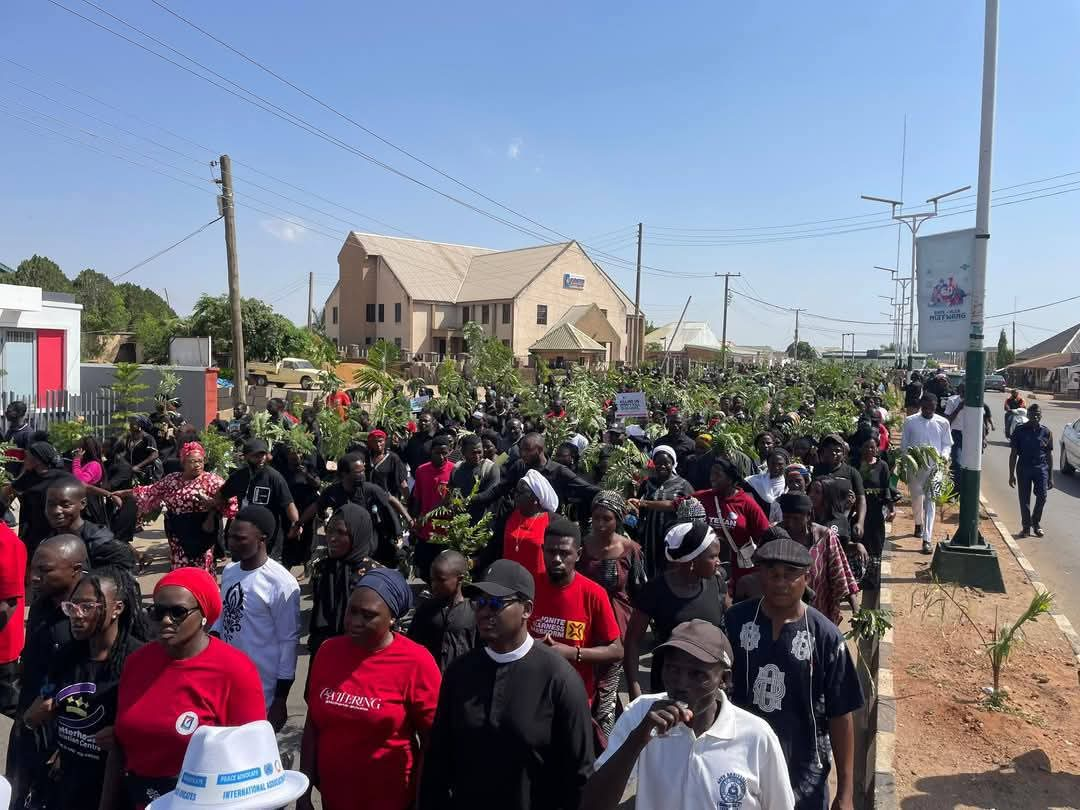Addressing Insecurity and Attacks in Benue State

Nigeria is grappling with a pervasive and escalating crisis of insecurity, particularly evident in states like Benue and Plateau, where unprovoked attacks, displacement, and systematic land-grabbing have become disturbingly common. A central issue fueling this crisis is a fundamental misdiagnosis of the problem itself. Many influential figures and official narratives often frame these incidents as mere "farmer-herder conflicts" or describe affected regions as "ungoverned spaces." However, this perspective, as argued by scholars and victims alike, fundamentally misunderstands the reality on the ground.
Drawing from the insights of distinguished scholars like Johan Galtung and Olawale Albert, true peace is measured by the level of cooperation and social equilibrium within communities. Conversely, advocating for peace in the aftermath of repeated, unprovoked attacks, as seen in Benue State, runs contrary to established knowledge. What is critically missing and urgently needed in these communities is not just peace, but robust security: the protection of lives and the establishment of effective safeguards against both foreseeable and unforeseen threats to human prosperity, especially from expansionist groups. The commonly used term “farmer-herder conflict” is particularly misleading when the objective is displacement and occupation, transforming a potential competition into a targeted campaign of terror and land seizure.
The Nigerian government's responses, spanning from former President Muhammadu Buhari's administration to President Bola Ahmed Tinubu's, have largely been critiqued for their inadequacy and rhetorical nature. Both leaders have frequently framed the problem as a "conflict," prescribing solutions like reconciliation and the establishment of peace committees. However, such interventions, when applied to situations of systematic attacks and land appropriation, are deemed ineffective and symbolic. This approach often leads to what Patrick Chabal termed the "Calculated Violence of Neglect," where the state either fails to intervene or does too little due to vested political interests, freezing immediate violence but restoring only a superficial order often mistaken for genuine peace.
Specific incidents underscore the severity of this misdiagnosis and governmental shortcomings. In Benue State, demon-crazed assailants invaded Daudu and Yelewata communities on the night of June 13-14, 2025, incinerating an estimated 200 people. This horrific event elicited widespread public outcry and disappointment, particularly given President Tinubu's delayed and seemingly detached response, which included attending social functions while parts of the country were in crisis. When the President did visit Benue, his public query to the Inspector-General of Police, "IG, where are the arrests?", echoed former President Buhari's helplessness in 2018, highlighting a persistent crisis in policing and accountability.
Similarly, Plateau State has been plagued by recurring killings, turning Governor Caleb Mutfwang into a figure of mourning. A particularly egregious incident involved the gruesome killing of 13 wedding guests from Zaria, Kaduna State, ambushed and burned in their bus in Mangu, Plateau State. This act of violence, described as "barbaric" by the Plateau Initiative for Development and Advancement of the Natives (PIDAN) and "horrendous" by the Muslim Rights Concern (MURIC), further exposed the fragility of security. Both groups, along with the Presbyterian Church of Nigeria, have vociferously condemned these acts and demanded swift justice and effective security measures.
Distinguished voices from the affected communities have vehemently rejected the official narrative. His Royal Majesty James Ayatse, the Tor Tiv and Chairman of the Benue State Council of Chiefs, a seasoned scholar and victim himself, explicitly stated that the killings in Benue are not "herders-farmers clashes" or "communal clashes," but a "calculated, well-planned, full-scale genocidal invasion and land-grabbing campaign by herder-terrorists." He stressed that a wrong diagnosis inevitably leads to wrong treatment. Likewise, the Aare Ona Kakanfo of Yorubaland, Iba Gani Adams, has called for an urgent decentralization of Nigeria’s security architecture, asserting that the current centralized system is failing to protect citizens and maintain peace across the country.
The responsibility for securing the lives and well-being of citizens lies squarely with the government, a principle long settled by thinkers like Jean-Jacques Rousseau in his treatise on the social contract. Whether under the era of collective security or the prevailing human security paradigm of “freedom from fear and want,” the success or failure of any state is fundamentally judged by its capacity to guarantee the safety of its citizens. Unsurprisingly, insecurity has become a primary indicator of state fragility or failure in Nigeria.
To provide a lasting solution, immediate and coordinated efforts are imperative to deliver genuine security to the people of Benue, Plateau, and other communities facing similar threats. This requires a reorientation of resources and attention towards establishing effective security systems, not merely to prevent future attacks but to uphold the fundamental social contract between the Nigerian state and its citizens. Calls for modern ranches for better animal husbandry, improved intelligence gathering and filtering, and the deployment of technology across conflict theatres are crucial steps. Only then can Nigeria hope to transcend the illusion of peace and embrace the reality of security, justice, and lasting national harmony.











